When stepping into a physical therapy clinic or gym, it’s hard to miss the brightly colored resistance bands lining the shelves or walls. These physical therapy bands are more than just eye-catching workout equipment; they play a crucial role in recovery, strength training, and flexibility exercises. But what do the different colors mean, and how do you choose the right one? Let’s unravel the colorful world of therapy bands to help you maximize their benefits.
The Purpose of Resistance Bands
Resistance bands for physical therapy, also called exercise bands or elastic bands, are versatile tools widely used in physical therapy and general fitness. Their main appeal lies in their ability to provide varying resistance levels, accommodating everything from light rehab exercises to intense training. These resistance exercise bands are ideal for physical therapy because they offer a low-impact way to strengthen muscles, improve flexibility, and enhance mobility.
Understanding Color-Coding: What the Colors Represent
The colors of resistance bands are not just for aesthetics—they indicate different resistance levels. Each color typically corresponds to a specific tension, ranging from light to heavy resistance. While the exact color schemes may vary between brands, a general guideline is:
- Yellow or Light Colors: Ideal for beginners, seniors, or those recovering from injuries. These provide the least resistance, making them suitable for gentle recovery exercises.
- Red or Medium Colors: A step up in tension, these are excellent for intermediate exercises, such as working on range of motion.
- Green and Blue: These provide medium-to-heavy resistance, perfect for more intense training or advanced rehab.
- Black, Silver, or Heavy-Duty Colors: Offering heavy resistance, these are designed for athletes and individuals focusing on high-intensity workouts or resistance training.
Color-coded bands allow users to easily identify the right level of resistance, enabling progression from beginner to advanced levels.
The Benefits of Using Stretch Bands
Therapy bands are great for a wide range of applications beyond physical therapy. Here are some key benefits:
- Versatility: Whether you’re targeting legs, arms, or core, resistance bands are ideal for everything from pilates to glute-focused workouts.
- Portability: A resistance bands set is compact and lightweight, making it perfect for at-home workouts or travel.
- Cost-Effectiveness: Compared to free weights or large fitness equipment, bands for home fitness are an affordable way to build strength.
- Adaptability: These bands are used in professional settings and home gyms alike, making them suitable for beginners and advanced fitness enthusiasts.
Types of Resistance Bands
Stretch bands for exercise and physical therapy come in various shapes and designs, each catering to specific needs:
- Loop Bands: These elastic exercise loop bands are great for lower body exercises, like glute bands for legs and butt.
- Bands with Handles: Designed for upper-body workouts, these bands allow a firm grip for effective training.
- Fabric Resistance Bands: Often used for working out the legs and booty, they provide a non-slip experience.
- Theraband Resistance Bands: A professional elastic band choice often seen in therapy clinics.
- Long Resistance Bands: These are perfect for stretching exercises, offering versatility for both beginners and pros.
Choosing the Right Stretch Band for You
When selecting an exercise bands for physical therapy set, consider your fitness level, goals, and specific needs. For example:
- Rehabilitation: A non-latex elastic band or a lightweight set of stretch bands is ideal for physical therapy.
- Strength Training: Opt for heavy resistance or multiple bands that allow for layering to increase tension.
- Home Gym: Bands for home fitness, especially a set of 5 with varying resistance levels, ensure you have the right band for every workout.
Tips for Effective Use at Physical Therapy
- Start Light: Always begin with a band that offers light resistance, gradually moving to heavier options as your strength improves.
- Incorporate Accessories: Bands with door anchors or a yoga strap for physical therapy can help expand your range of exercises.
- Maintain Form: Proper posture and controlled movements are key to avoiding injury during resistance exercise.
- Combine with Other Equipment: Use bands alongside free weights or as part of your workout bands for home gym setup for a complete fitness routine.
Caring for Your Bands
To ensure your bands last, store them in a dry place away from sunlight. For latex bands, keeping them clean and free from moisture helps maintain their elasticity. A dispenser or carry bag can make storage and transport convenient. If you prefer non-latex options, ensure they are marked "latex-free exercise" for safety.
Why Resistance Bands Are Ideal for Physical Therapy
Resistance bands are made to cater to everyone, from those recovering from injuries to fitness enthusiasts looking for a challenging workout. Their flexibility, affordability, and adaptability make them a staple in physical therapy and home gym equipment alike. Whether you’re using them for stretching, pilates, or strength training, resistance bands exercise bands offer endless possibilities to elevate your fitness journey.
The UV lamp for the face is your reliable assistant in the fight against age—related skin changes. With its help, you can easily and effectively take care of your skin. You can buy this device at the best price in our store.
Key Takeaways
- Resistance bands are versatile tools for physical therapy and recovery.
- Color-coded bands indicate different resistance levels, making it easy to progress from light to heavy resistance.
- Whether you’re at a gym or at home, a set of 3 or 5 bands with varying levels of resistance is a great investment.
- Proper care, combined with the right accessories like a door anchor or yoga strap, ensures your bands last long and remain effective.
From beginner exercises to advanced training, professional resistance bands are an indispensable part of any fitness routine, offering a perfect blend of convenience and effectiveness.

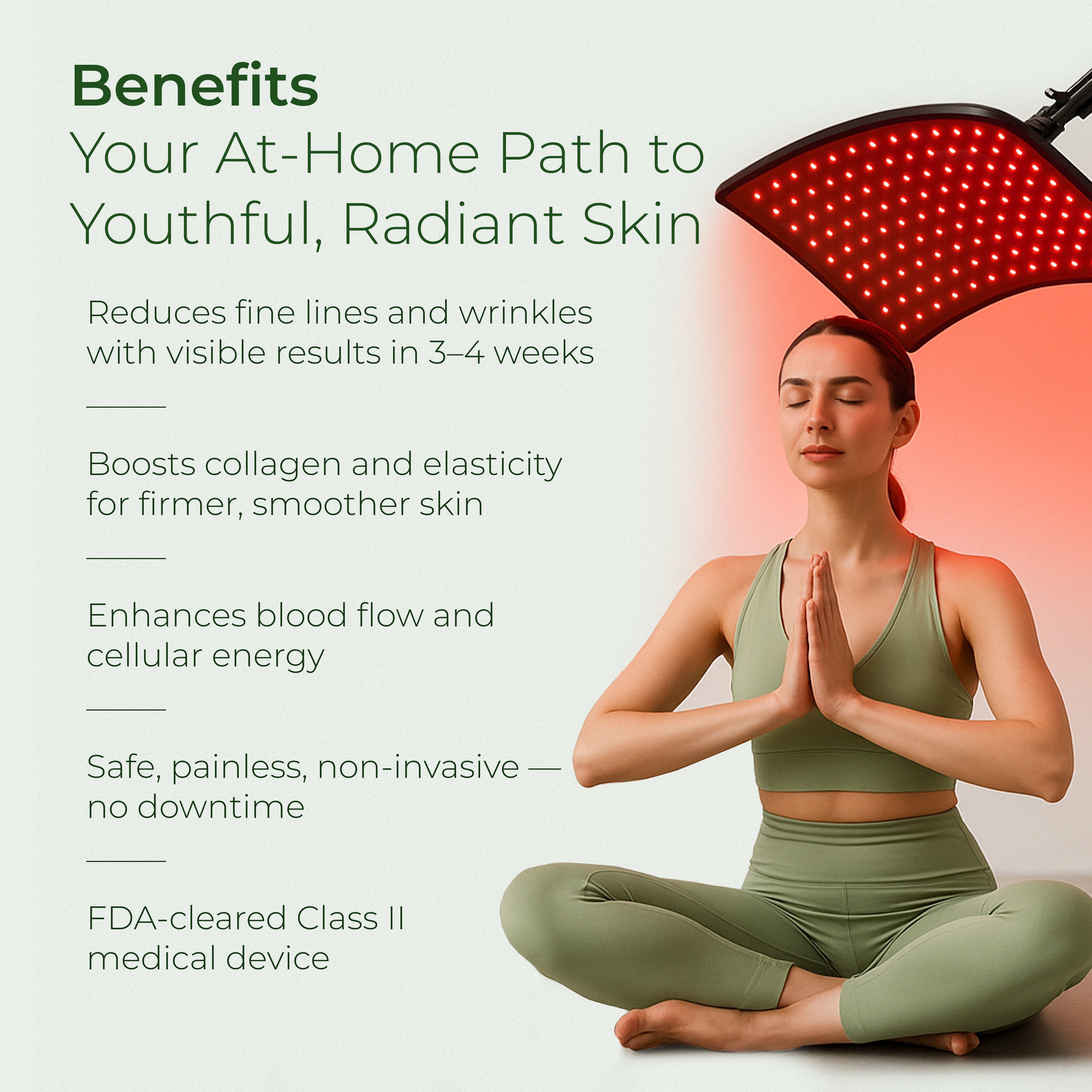
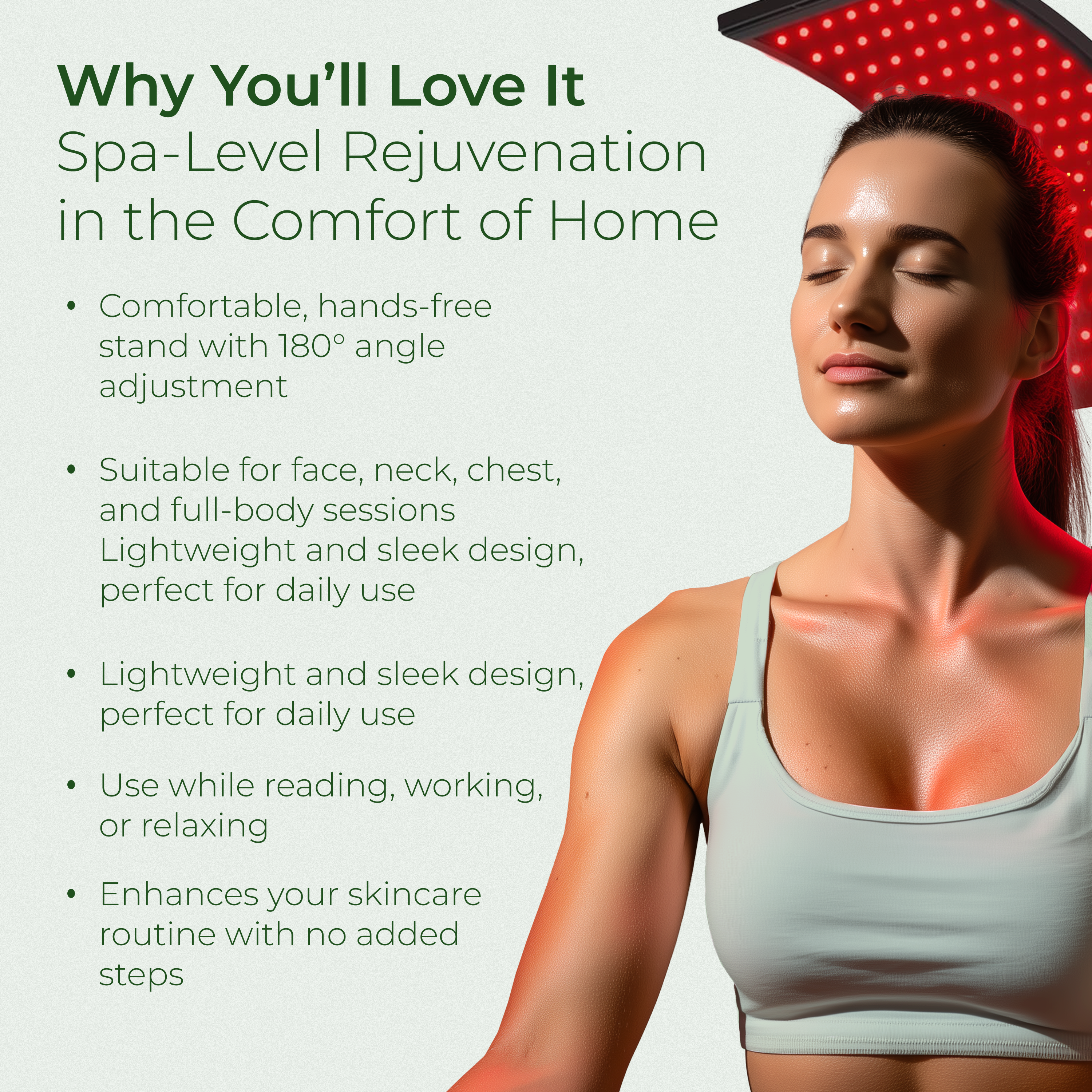
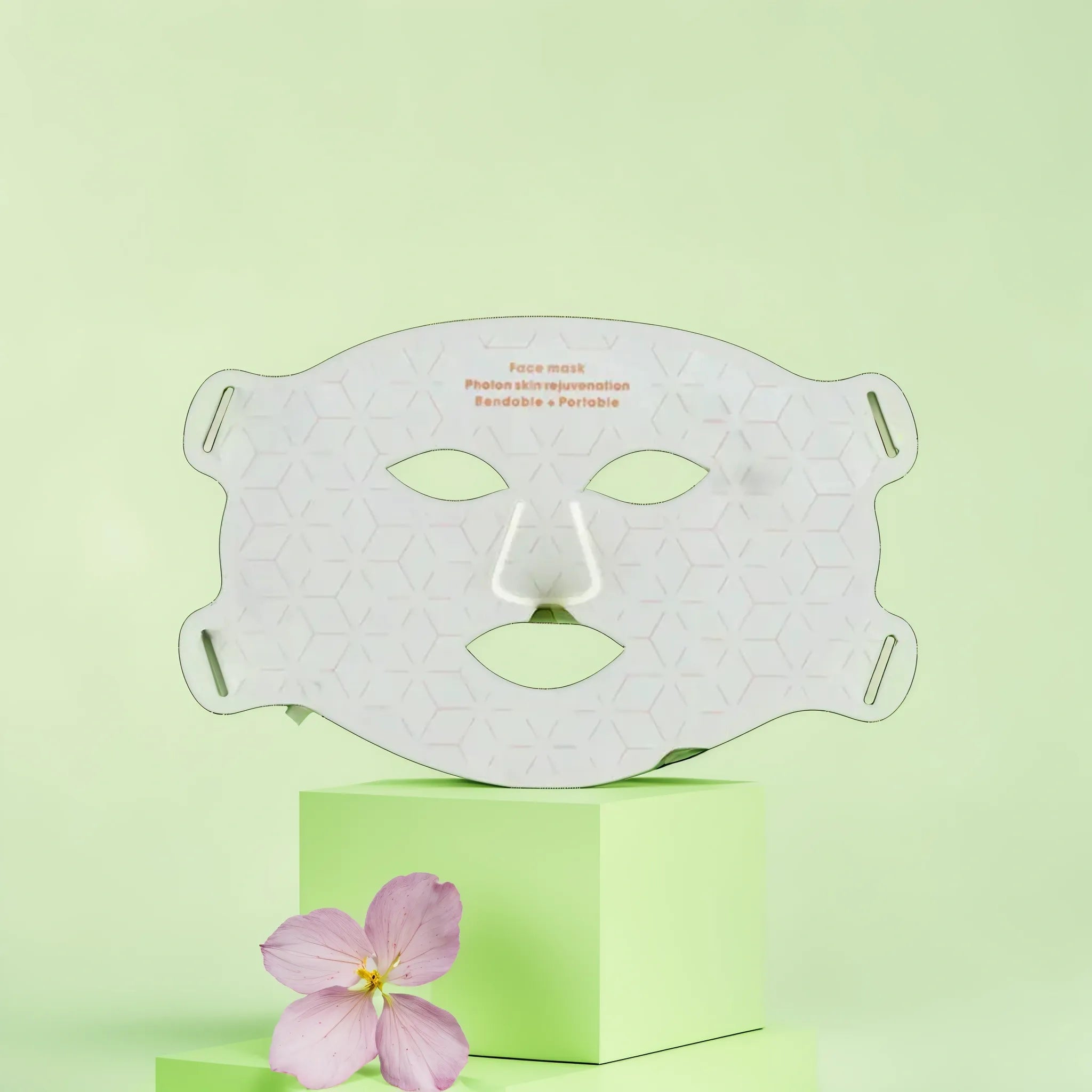
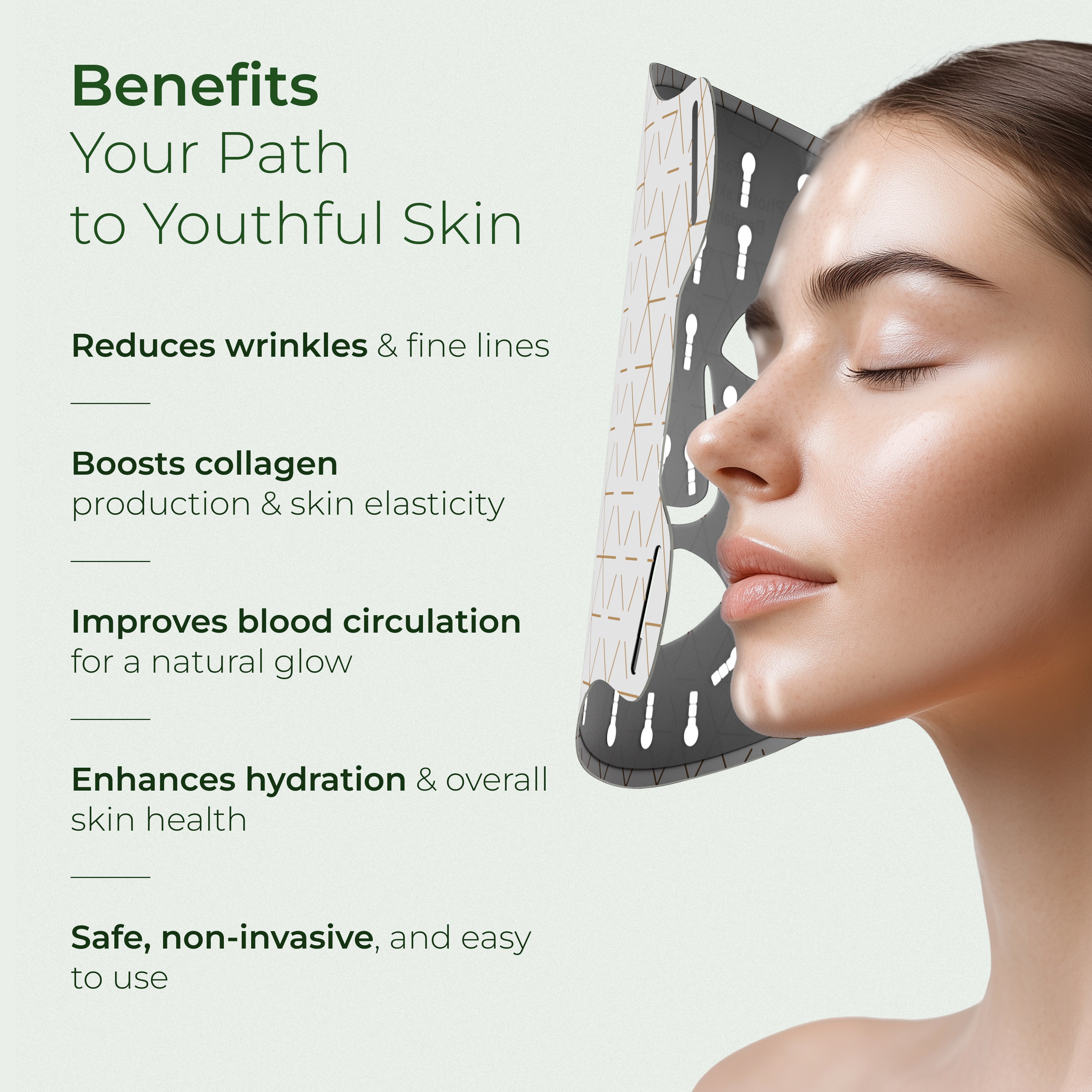


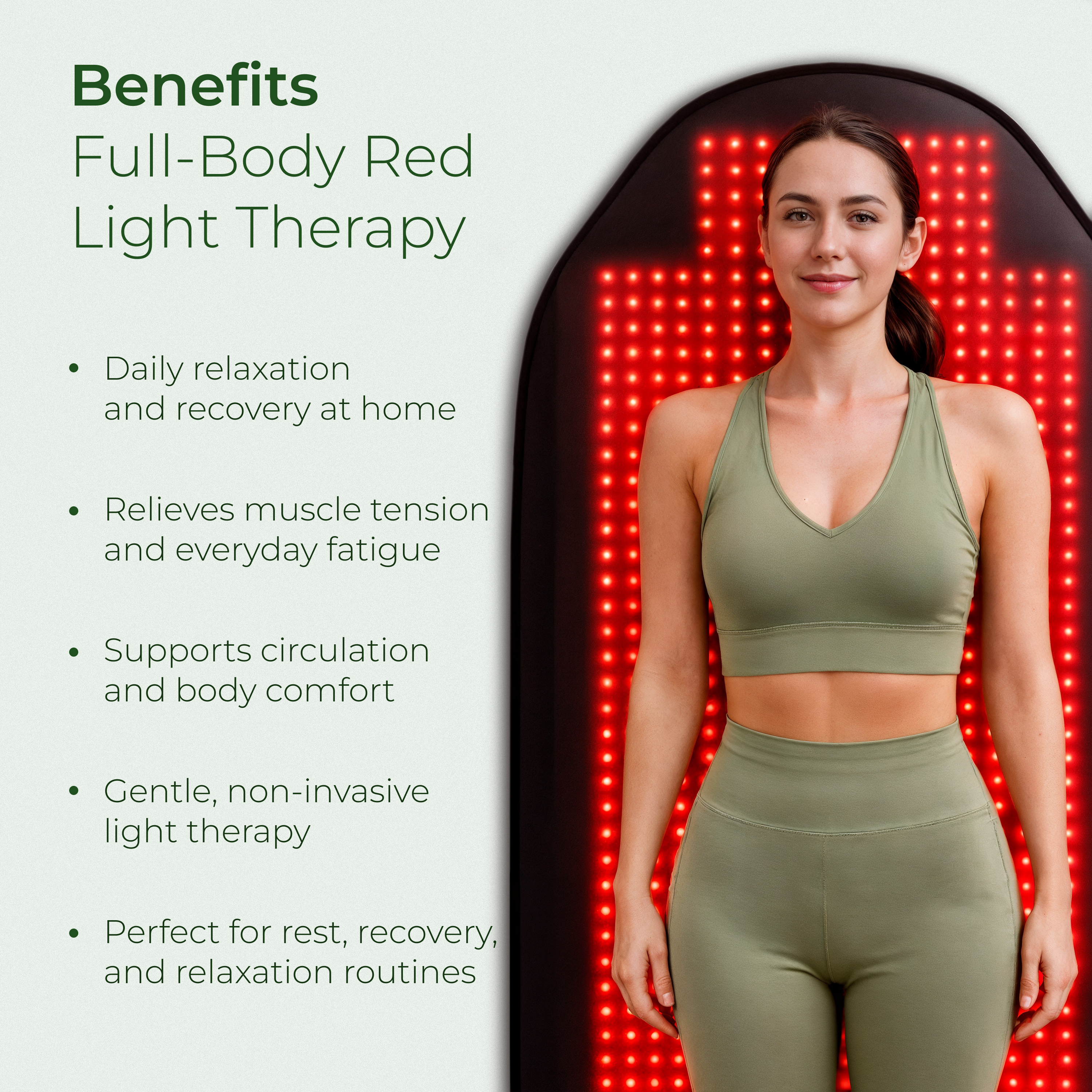
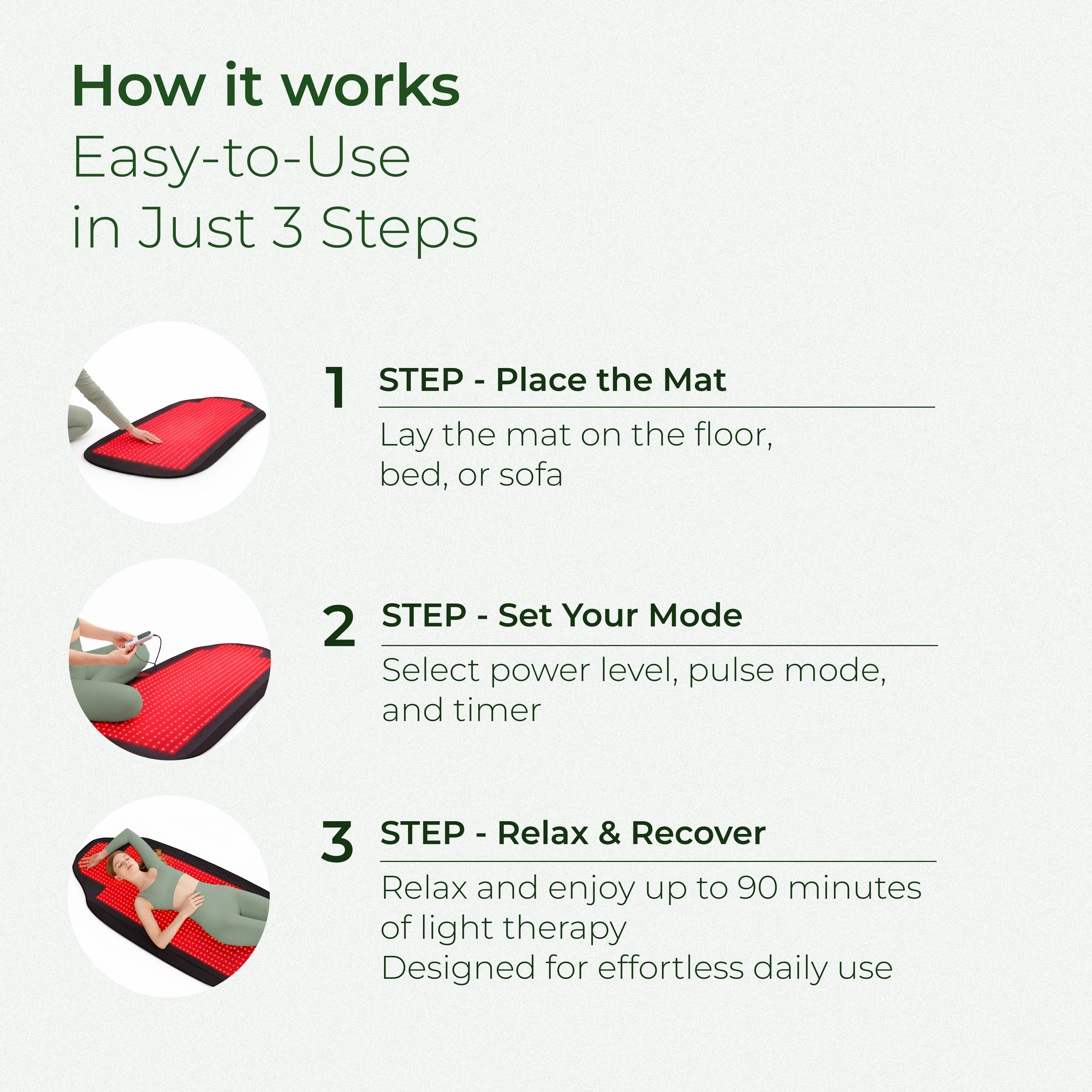
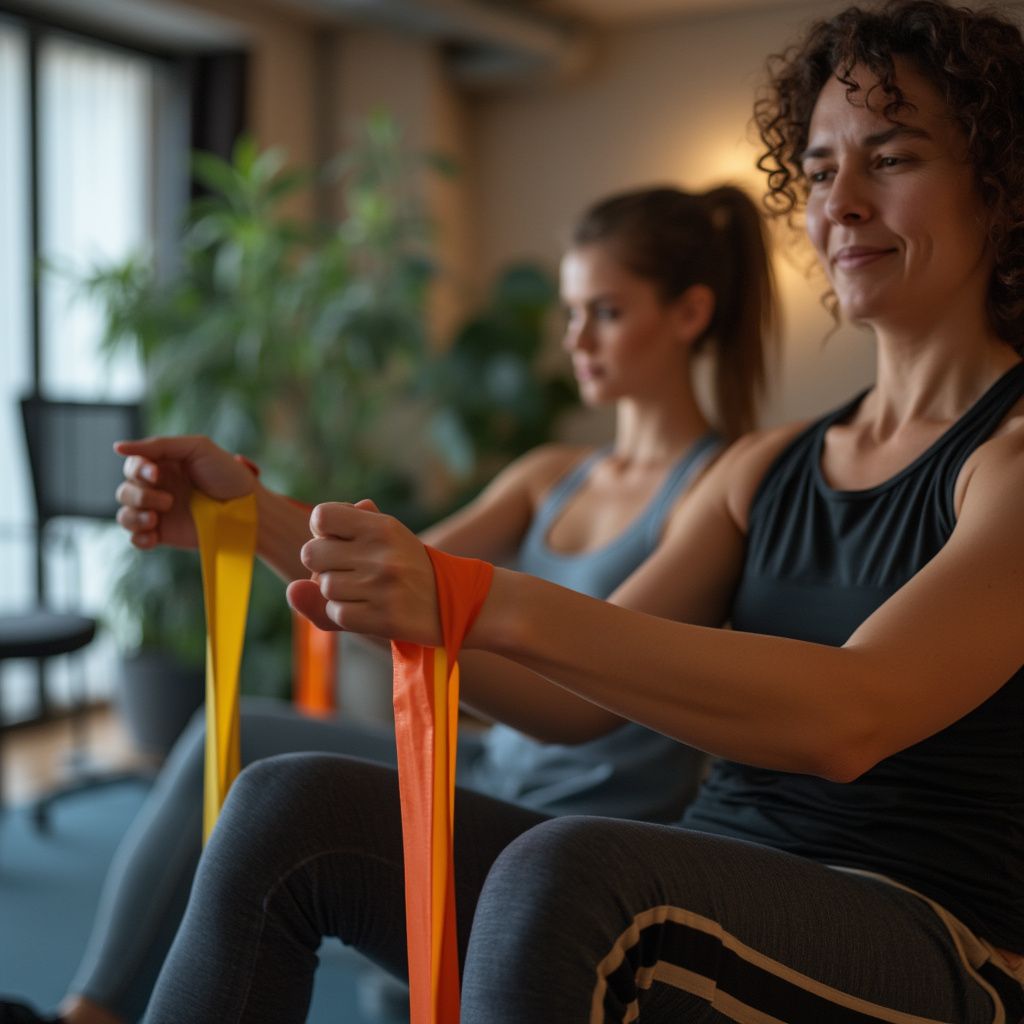

Leave a comment
This site is protected by hCaptcha and the hCaptcha Privacy Policy and Terms of Service apply.